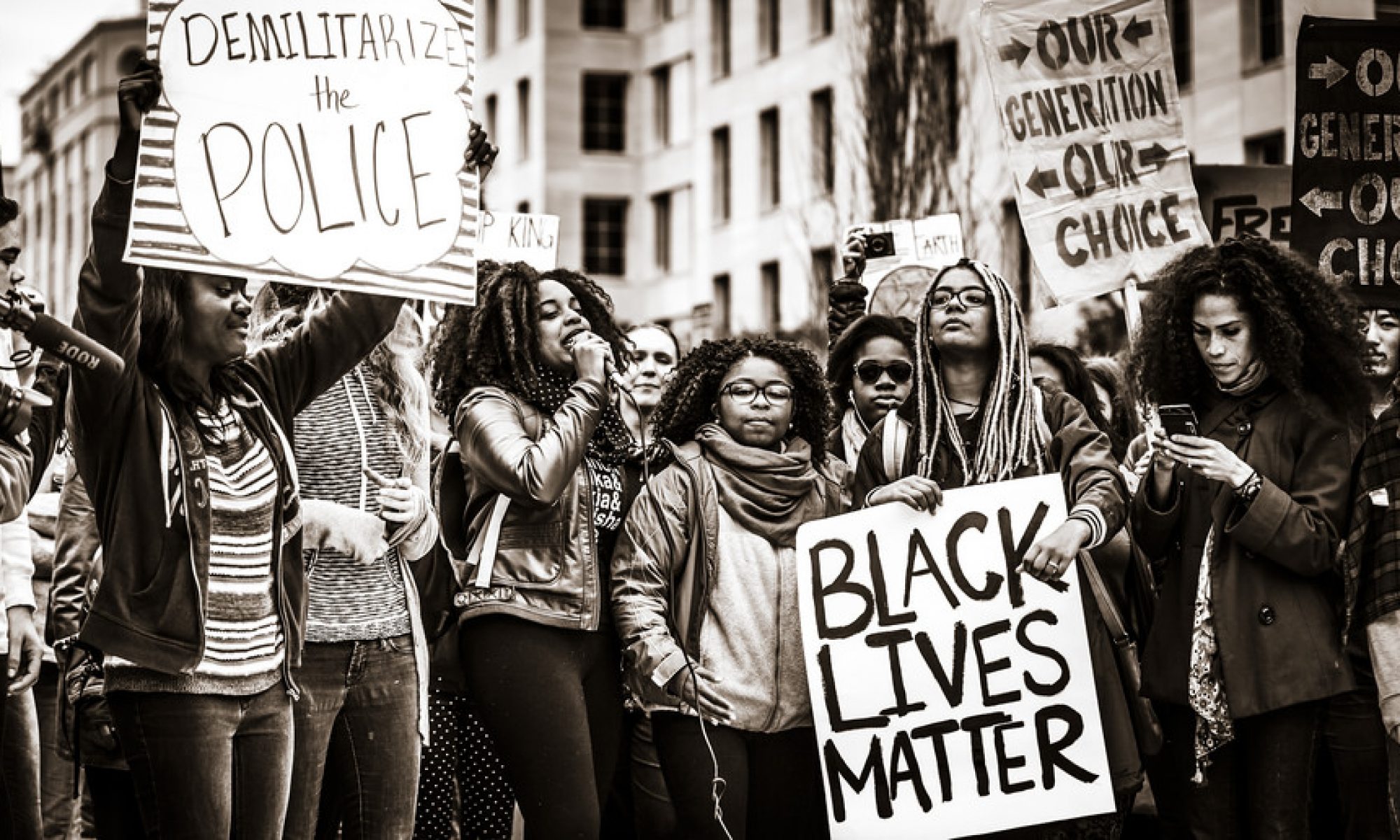The idea of “black freedom struggles” is a phrase scholars and activists use. You will find similar phrases on scholars’ books, such as Barbara Ransby’s Ella Baker and the Black Freedom Movement.
But more than a subtitle of a book, “black freedom” is meant to emphasize that black people have fought or “struggled” for their “freedom” in various ways in the past, present, and the future. Scholar Robin D. G. Kelley has coined another related term, “freedom dreams,” to consider how black radicals imagined and thought about, and the pursuit for, “freedom.” However one frames it, the idea of “freedom” is central, and more importantly for this course and your own historical understanding, it has never been limited to “integration” or even “civil rights,” but might entail an anti-capitalist approach, feminist, pan-African, or transnational, or all of these above. All of these ideas and movements, as will see have been fraught with the debate and have meant different things to different activists.
Here are some articles that engage some of these issues, historiographically:
Theoharis, Jeanne_Black Freedom Studies
Jacquelyn_Dowd_Hall_The_long_civil_rights_movement_and_the_political_uses_of_the_past_
Arnesen_Eric_Reconsidering_the_Long_Civil_Rights_Movement_

